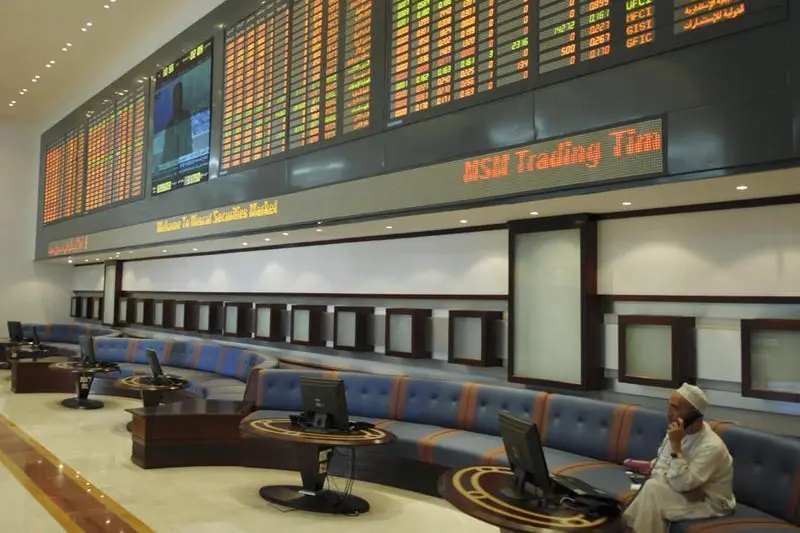PHOTO
Muscat: The Omani stock market reopened this week with a negative performance, continuing its decline after hitting a record in March, according to an industry expert.
“The main index could remain exposed to price corrections for some time as traders continue to secure their gains,” said Fadi Reyad, Chief Market Analyst at CAPEX.com Mena.
“However, after this extended decline, investors could start considering returning to the market in the coming days to weeks,” he further added. In the meantime, traders could remain cautious next week as they wait for the central bank meetings in the US and Europe, both of which could raise interest rates.
Central banks' meetings next week could be the main focus for traders globally as they try to determine the direction of monetary policy in the US and Europe. Their respective decisions could have strong and wide-reaching consequences on stock markets, currencies and energy prices as well as costs of financing and the strength of the world’s economy.
The Federal Reserve’s decision could impact the Omani financial market as the cost of financing could go up significantly, impacting the performance of smaller businesses and non-financial public companies, Fadi Reyad said. The latter could be confronted with some additional difficulties in this regard, which could impact their profit margins to a certain extent. “However, the expected strong economic growth could alleviate these effects. The expected path in monetary policy could also lead to a weaker dollar and rial against other currencies, leading to more expensive imports and an impact on local companies purchasing costs,” he added.
Banks, however, could see a positive impact as interest rates continue to increase, widening their margins. However, this positive factor could be limited in time if, as expected, the Federal Reserve pauses and then starts lowering its interest rates later this year, Fadi Reyad said.
Financial institutions could record more deposits and loans despite higher costs of financing as economic activity is expected to continue to improve. At the same time, investors could remain cautious to a certain extent as they heed the concerns around the health of US and European banks which continue to weigh on expectations and risk appetite. A decline in these concerns could support banks' stock prices to a certain extent, he added.
The other indices on the Muscat Stock Exchange (MSX) recorded a positive performance except for the main index of the Stock Exchange, which declined by about 9 points and closed at 4,734 points, while the service sector index rose 18 points, the financial sector index rose 10 points, and the Sharia index recorded an increase of 6 points.
The value of trading last week, which was limited to 3 trading days from Tuesday to Thursday due to the Eid Al-Fitr holiday, was about OMR5.7 million, compared to OMR17.9 million in the previous week, and the number of deals executed decreased from 2,368 to 1,932 deals.
Oil prices
Oil prices could continue to put some pressure on the market and the economy as well, Fadi Reyad said. “While OPEC+’s production cut announcement a couple of weeks ago has pushed prices to the upside, prompting expectations of a positive impact on the Omani stock market, fears of declining demand in the US and Europe as well as some doubts over China’s rebound have sent crude prices downward,” he added.
Natural gas markets
Natural gas markets also left the economy without support as prices stagnated at multi-month lows and could remain under pressure, Fadi Reyad said. “The commodity could potentially see higher prices as the demand for cooling increases as summer temperatures arrive in Europe and the US. A resurgence in energy prices could provide strong support to the Omani stock market and could help reverse the current trend,” he added.
© Muscat Media Group Provided by SyndiGate Media Inc. (Syndigate.info).




















